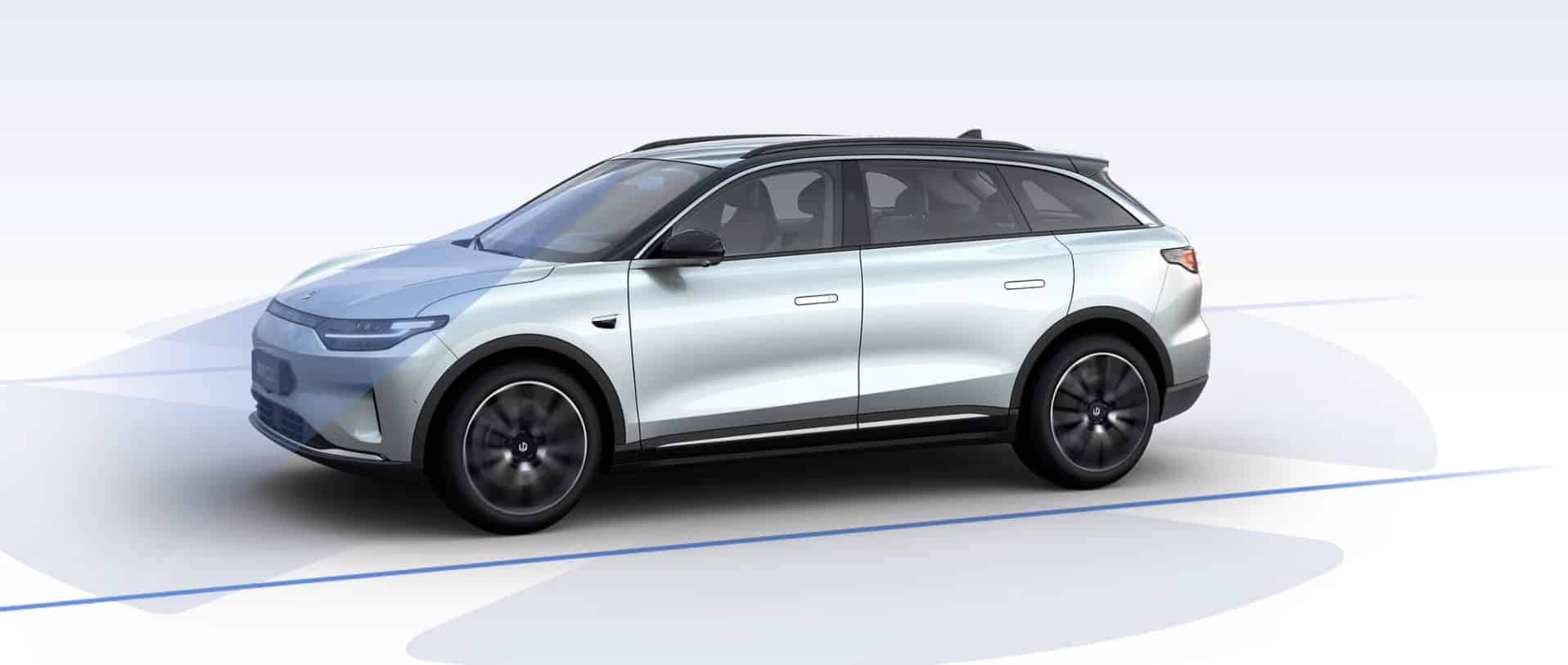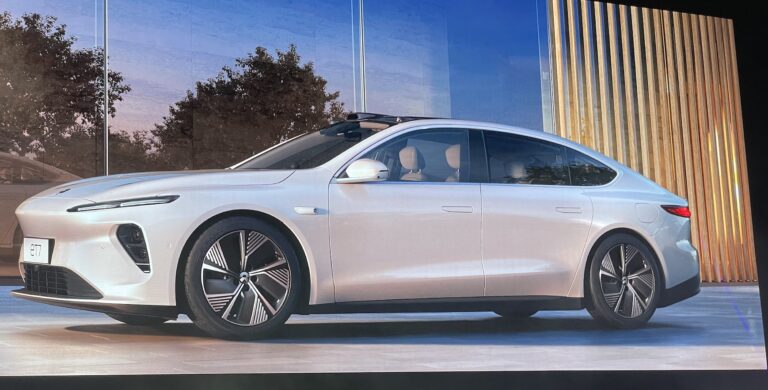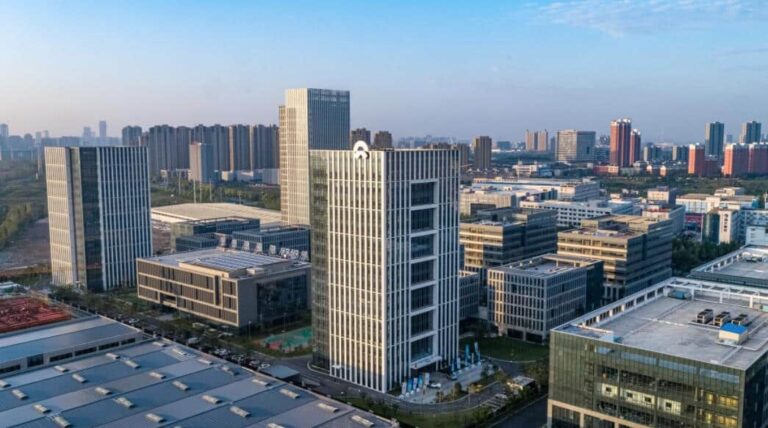With the success of its investment in Nio, the central Chinese city of Hefei has become more bullish on the new energy vehicle industry and is throwing its weight behind another promising new energy vehicle company.
Leapmotor recently signed a strategic cooperation agreement with the Hefei city government to develop a comprehensive and in-depth cooperation in the field of new energy vehicles. This makes Leapmotor the second new vehicle manufacturer backed by Hefei after Nio.
Leapmotor said it will build its second factory in Hefei after reaching an agreement with the Hefei municipal government, which also participated in Leapmotor's Series B financing.
The plant will have an annual capacity of 200,000 new energy vehicles when it goes into operation.
In December last year, Leapmotor launched its first SUV, the C11, which is a mid-sized electric SUV priced at RMB 159,800 - RMB 199,800, half the price of the Nio ES6, Nio's cheapest SUV.
Previously, Leapmotor launched two models, T03 and S01, which are two-door coupe and small car respectively, with a smaller user base. With its first SUV model, Leapmotor is also starting to enter the mainstream consumers' attention.
The Leapmotor C11 also has frameless doors, maximum power of 400kW, and Leapmotor's self-developed Leap Pilot intelligent driving system, which can achieve near-L3 level autonomous driving functions.
The price of the C11 has not yet exceeded RMB 200,000, making the Leapmotor C11 very competitive in terms of price compared to its domestic counterparts.
Leapmotor was founded on December 24, 2015, and is currently in the process of raising Series B funding.
Previous media reports stated that Leapmotor will raise a total of RMB 6 billion in two rounds of B-round financing and IPO financing. In addition, Leapmotor plans to land on China's Nasdaq-style sci-tech innovation board, also known as the STAR market, in late 2021 or 2022.
The city of Hefei is quite bullish on the new energy vehicle industry. A year ago, Nio encountered considerable difficulty to its operations due to poor financing, and Nio's share price in the US stock market at the time dropped to as low as around $1. The company was facing a life or death test.
At that time, Hefei lent a helping hand and invested RMB 11.26 billion in Nio China.
Subsequently, Nio's fortunes turned around, and the stock price went up as the delivery volume increased.


